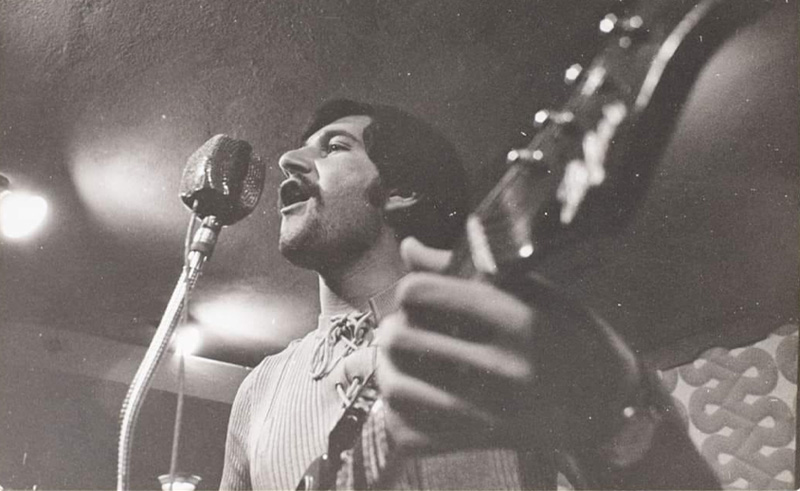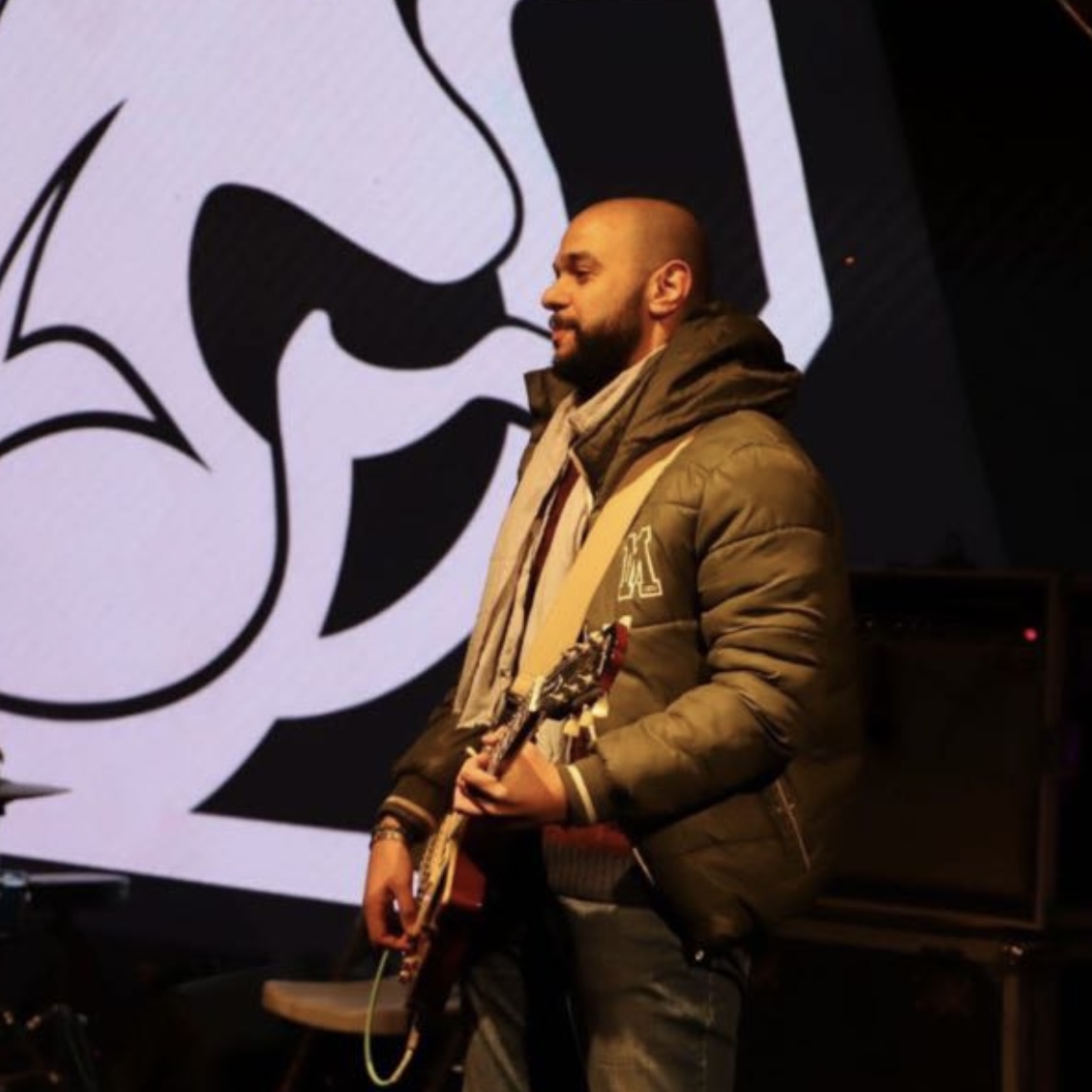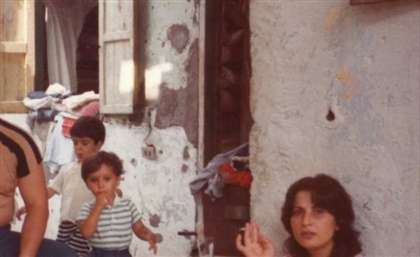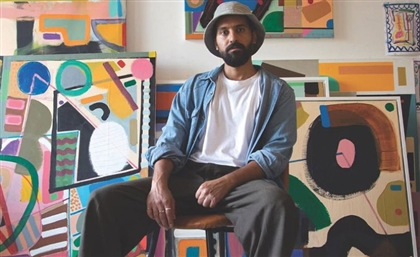The story of George Qormuz: Palestinian music’s long lost legacy
Commemorating the life and legacy of Palestinian artist George Qormuz.

Few artists can ever claim to have left a legacy as groundbreaking or as culturally significant as George Qormuz. During his short-lived career, Qormuz was a loud voice for an oppressed population. There is remarkably little information available on the life of Qormuz or how his music came into existence. In fact, up until 2020, there were almost no pictures of George Qormuz available online, when a single picture got curated by the Palestinian museum and published.
Whatever is known of George Qormuz is shrouded in mystery. The man’s family name does not even exist in any Palestinian records, leading some to speculate that even his name was a moniker, and that his real name is, too, lost forever. That’s because after a short but influential career starting in the late 60s, lasting for only a few years, George Qormuz simply vanished overnight. No records or trace, along with a healthy repertoire of what would become iconic anthems for the Palestinians everywhere, all we can do is speculate.
Qormuz is said to have been born in a district of Al Quds. In the 1960s, he played guitar for one of the two bands that populated the entirety of Palestine’s music scene. Called The Blooms, the band later translated its name to Al-Bara’em as they decided to become the one band of the two to sing in Arabic. As the 70s progressed, Al-Bara’em ceased being. As censorship mounted, so did restrictions on recorded material and studio legislation - difficulties facing Palestinian artists were at an all time high, and freedom was at an all time low. So, it remains an enduring mystery how Qormuz managed to conceive, record, or promote his music, but it is said that the songs were recorded in complete secrecy, and the tapes were left on doorsteps at night. There was a saying that goes that wherever Qormuz left a tape, that house would birth a revolutionary.
Qormuz’s recorded songs are plentiful and are almost entirely patriotic ballads based around a guitar or piano melody. Using rhythmically challenging poems was not difficult for Qormuz’s musical mind, resulting in songs that excel equally in intention and execution. Singing for poets like Mahmoud Darwish, for which he sang one his most recognizable and significant songs, ‘Saggel Ana 3arabi’, and for Rasheed Hussein, and Tawfiq Zayyad. His most memorable songs include ‘Ana Esmi Sha3b Falastin’, ‘Dedd’, and ‘Ardena Algameela’.
We invite you to explore the enduring legacy and lasting mystery of George Qormuz. Celebrating his life and work that aimed at changing the course of history and achieved more than we can express, Qormuz is the extremely rare instance of someone who stood boldly in the face of adversity, and managed to leave a body of work that still endures.
- Previous Article Italian-Palestinian Duo No Input Debuts Eponymous Electro EP
- Next Article Egyptian Embassies Around the World
Trending This Week
-
Dec 27, 2025



























